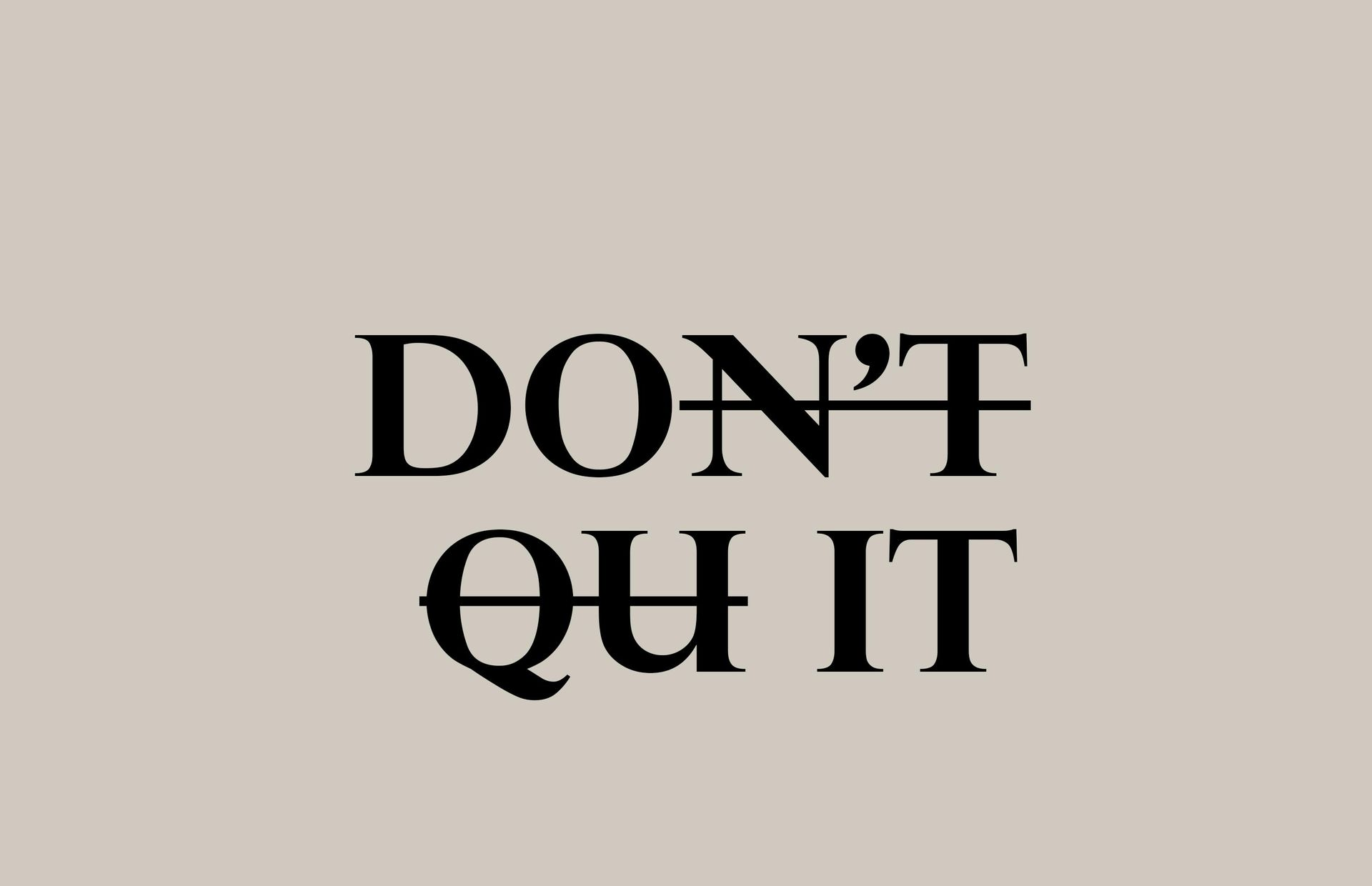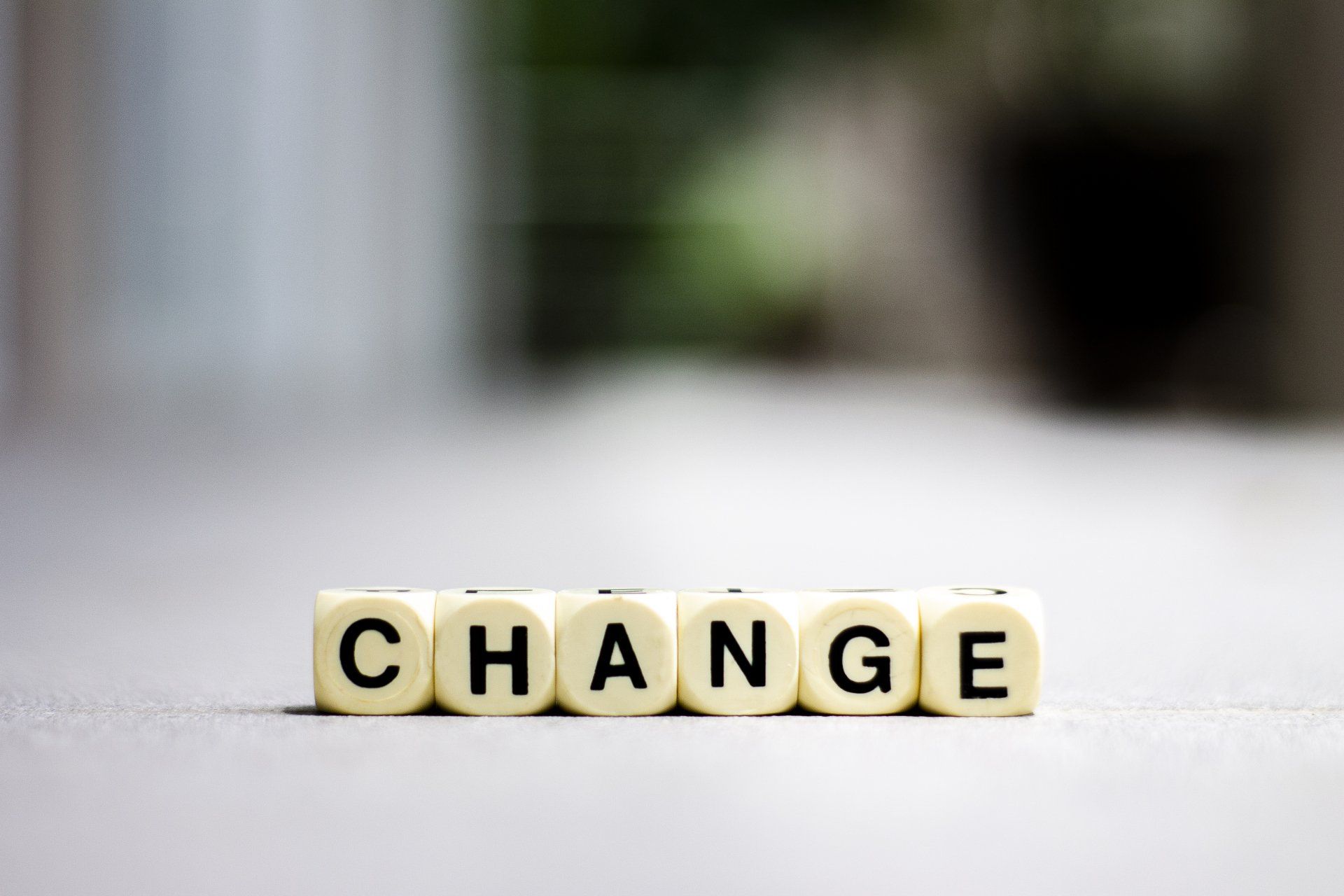Resilience Reflections
Reflections on Resilience Training

When thinking of 'resilience training', many of us believe that it only applied to physical training. For example, you build up muscle 'resilience' by engaging in resistance training. According to the Mayo Clinic, resilience training focuses on five areas, including emotional, cognitive and mental, physical, and spiritual resilience.
Researchers who study stress and resilience have found that too little stress is just as bad, if not worse, than too much stress. How so? Consider the tiger raised in captivity, never having to move a muscle or think about where their next meal would come from. The same is true for humans when we become complacent in our routine or find little to focus or work on. When we don't challenge our minds, body, and emotional selves, it can create a sense of boredom as and general apathy toward life. It seems ideal to have nothing to do, right? The reality is that as humans we desire a purpose, even if it means that we need to stretch ourselves beyond our comfort zones.
So how do we engage in emotional resilience training? One way to become more resilient is by methodically increasing stress just like you increase weight in strength training. A way to do this is with stress inoculation training, a therapeutic approach to help people prepare for significant stressor, such as combat or an athletic event. It can also be helpful in reducing performance anxiety in preparation for a big speech. Just as resilience training for athletes involves a gradual increase in the amount of weight and repetitions placed on a muscle, emotional resilience can be strengthened by gradually visualizing oneself repetitively doing the thing that is stressful.
Resilience training to build emotional, spiritual, and mental resilience positively effects our overall well-being. The key to greater life fulfillment lies in building five pillars of resilience; practicing self-awareness, mindfulness, self-care, positive relationships and purpose. For example, train yourself to have a positive mindset by re-framing self-defeating thoughts such as, "I can't do this today", to empowering ones like, "I will do this one thing today."
The next time you feel boredom or mindlessly scrolling on social media, consider asking yourself whether you want to call a friend you haven't reached out to in a while (relationship), go to that gym you have been meaning to go to (physical), clean out that closet to give stuff to charity(purpose), or find allow yourself time to relax (self-care). Consider engaging in some type of resilience training. Which of the five pillars will you work on; self-awareness, mindfulness, self-care, positive relationships, or purpose?
©2023 E. Enriquez Counseling & Coaching, LLC









